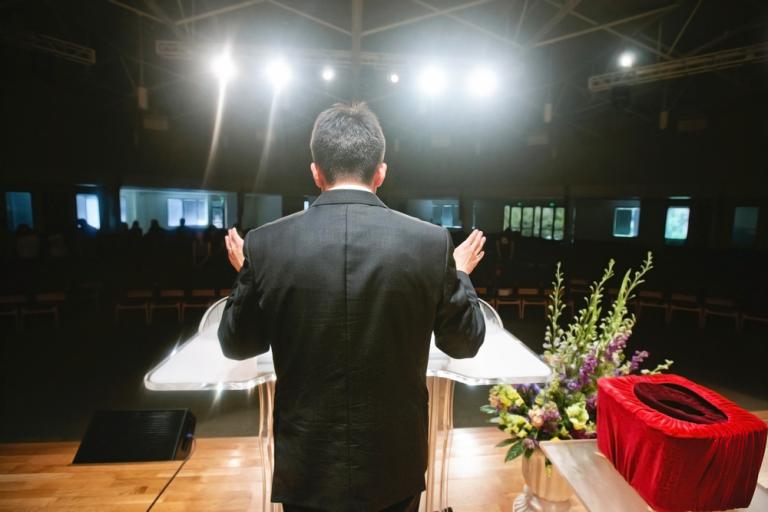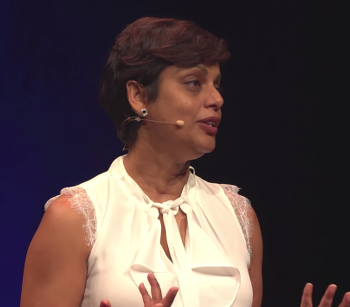If you just heard a thud, that was the sound of my jaw hitting the floor after reading just the title of this Christianity Today article by Kimberly Harris that talks about how sex offenders groom churches as well as other people. In other words, they are convincing the church that they’re good people, making it harder to believe accusations against them down the road.
That’s… self-aware! It’s an uncomfortable truth! Dare I say it, Christianity Today is woke! It’s not often we see articles like this in a Christian publication, acknowledging deep systemic problems in churches.
It’s beyond time for mainstream Christians to acknowledge that sexual abuse is far from just a Catholic problem:

Evangelical churches can also grow in understanding what kind of culture sexual abusers count on and work to create. Psychologists call it “grooming.” A proposed definition of grooming states that abusers, “… strategically manipulate the victim, their family, and the community to hide their deviant intentions and avoid detection.” The predators that are statistically likely to be in the pews, volunteering, and even behind the pulpit aren’t just grooming their victims, they are grooming their community to view them as trustworthy and even as spiritual leaders.
What makes churches excellent breeding grounds for abusers? I can think of a few things: public shows of repentance. Firm outward stances against sin. The doctrine of grace that covers those sins. The command of Jesus to forgive “seventy times seven times.” These doctrines can be twisted to aid and shield abusers rather than protect and defend victims.
But most of all, abusers know how to present themselves as people who just don’t seem capable of harming others:
“Many offenders will deliberately establish themselves as the kind of person who wouldn’t do that kind of thing,” [Anna C.] Salter tells us in her book. “Sex offenders are well aware of our propensity for making assumptions about private behavior from public presentation.” What better way to create a strong persona of respectability than to be a church member in good standing? Or, better yet, a trusted Bible study teacher, pastor, elder, or deacon?
…
We don’t have the data to know how many offenders are in our churches, but what we do know is they are found in every type of position within churches. In a study of sexual abuse originating in Protestant churches, out of 328 male offenders, 34.9 percent had the title of pastor, 31.4 percent were youth ministers, with associate and worship pastors, church volunteers, deacons, Bible study leaders and church members making up the rest. We should not just worry about the creepy guy in the back. Successful predators can be in positions of respect in our churches.
Most recently, we saw this in the case of Bill Hybels, the founder of northwest Chicago’s Willow Creek Community Church, who resigned after multiple women told reporters about inappropriate comments and conduct they experienced with him.
I also know this firsthand: my abuser was a youth group leader in his Catholic church. One of the most common reactions I heard when I started speaking up about it was, “But he’s from such a good family! He’s just not capable of doing something like that!”
They forget that Christians believe all people are sinners at heart. There’s no exemption for well-respected pastors or elders. The sooner churches understand this, and create policies that take those possibilities into consideration, the better off their members will be.
(Image via Shutterstock)



It’s Moving Day for the Friendly ..."
It’s Moving Day for the Friendly ..."
It’s Moving Day for the Friendly ..."
It’s Moving Day for the Friendly ..."